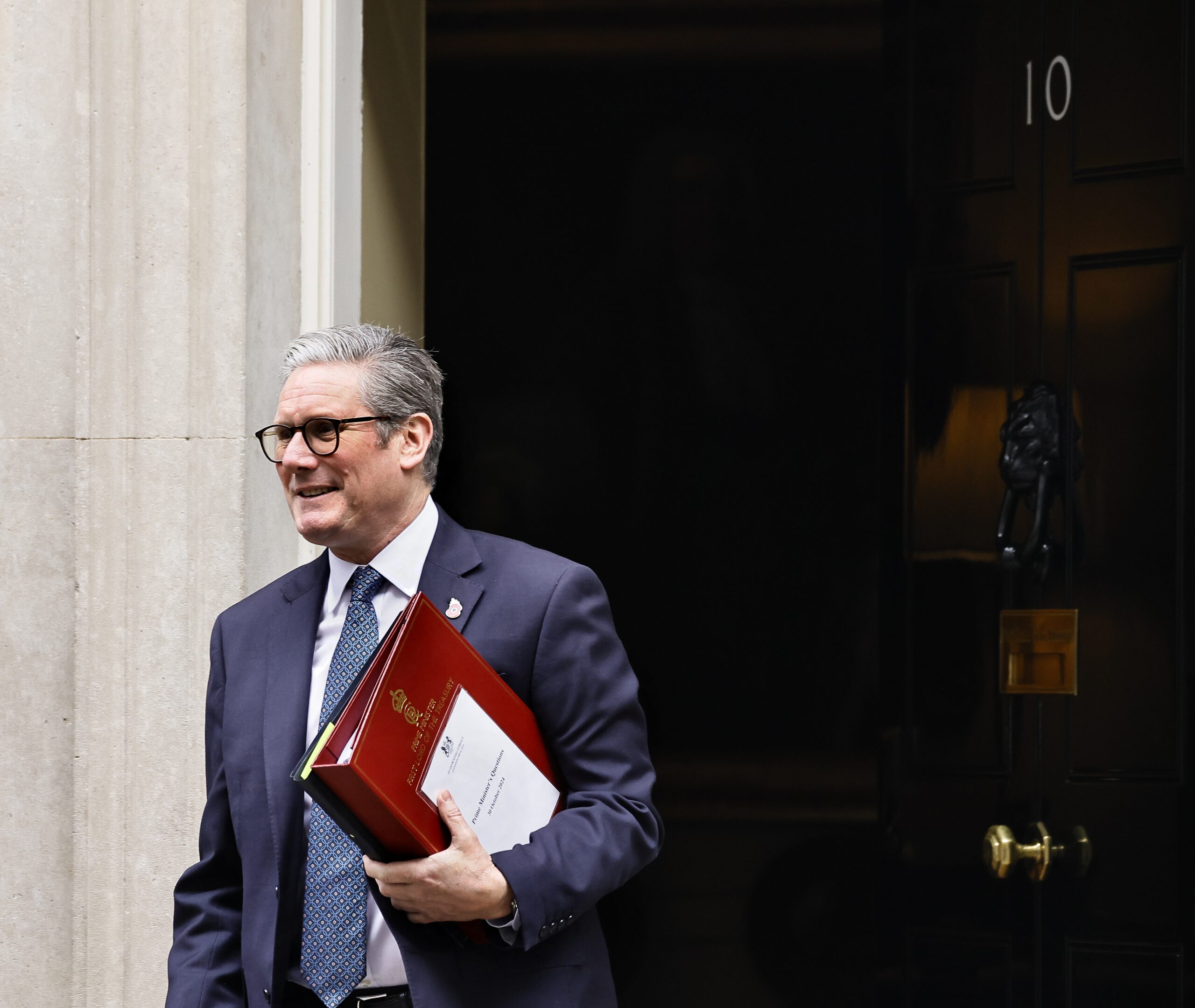“An opportunity missed”: FDA responds to new Ethics and Integrity Commission

Dave Penman has labelled new Commission “an opportunity missed” and called on the government to go further and look at parliament for a more independent system.
This week the government announced a new Ethics and Integrity Commission will be established to drive up standards in public life, following a Labour manifesto commitment.
The FDA has long stressed the importance of ministerial conduct and ensuring that our members are treated with dignity in the workplace. Under the current system we have seen political interests pursued at expense of our members’ safety and wellbeing.
However, FDA General Secretary Dave Penman has labelled the newly announced Ethics and Integrity Commission “an opportunity missed” and called on Prime Minister Kier Starmer to go further.
The government has stated the new Commission will have the remit to uphold the highest ethical standards across the public sector. It will have the power to stop rule-breaking ministers who leave office following serious breach of Ministerial Code from getting severance payments, abolish the Advisory Committee for Business Appointments, and introduce financial sanctions. Ultimately, the Commission is placed to subsume the Committee on Standards in Public Life. It has also been announced that the Civil Service Commission will also undertake regular audits of how individual government departments oversee the application of the rules for former civil servants.
However, the requirement of approval from the Prime Minister to decide on cases of breaches to the Ministerial Code remains.
Writing for Civil Service World, Penman responded: “I’m pleased that the government have made good on their manifesto commitment and introduced the Ethics and Integrity Commission, but it’s also an opportunity missed. Whoever is responsible for standards, it’s not the acronym that matters – it’s the powers that go with it and the independence to make politically difficult decisions. There is little legislative framework for the standards regime, so any new prime minister can effectively unpick it on a whim. Even the current regime still requires the prime minister to decide on breaches of the ministerial code, even if the independent adviser on ministerial standards doesn’t need the prime minister’s decision to investigate. As we’ve seen in the all too recent past, prime ministers will prioritise their own political interests over standards, even in the face of damning public evidence to the contrary.”
Discussing current arrangement’s, Penman said: “Shame in itself is not an effective tool as we’ve seen time and time again from former prime ministers down. We don’t need to learn those lessons again. There will always be holders of public office who break the rules, are in it for themselves, or are incapable of upholding the Nolan principles. That challenge for those that do is to build an effective standards regime to deal with them.”
Penman recently joined an Institute for Government panel discussion on ethical leadership in government, reflecting on 30 years of the Nolan Principles. He told attendees that he will “always prefer independent regulation”.
“I understand the complexities around the independence of Parliament but I would always prefer independent regulation in public institutions – it’s better for the public,” he added.
The General Secretary also referred to the “completely independent system” in Scotland as “the sort of system we’d like to see in other governments”.
He called on government to look to parliament to take further inspiration: “After a series of scandals on standards, from bullying and harassment to lobbying and conflicts of interest, it introduced the Independent Expert Panel (which the FDA helped design). This does exactly what it says on the tin and is independent. They’ve been bold and innovative in sanctions, including to former high profile MPs like John Bercow and Keith Vaz. The Committee on Standards have recommended sanctions against MPs resulting in suspensions, triggering recall petitions. Johnson himself resigned rather than face the ignominy of a record suspension. It’s not perfect, it’s still too complex a regime, but it has some teeth and has shown an appetite to get to grips with the problem.”
Read Dave Penman’s full piece on the Civil Service World website.
Latest news
-

Job Advert: Assistant National Organiser – 14 Month Fixed-Term Contract
An opportunity to join the fastest growing union in the UK.
-

“New low” for government’s relationship with civil service – FDA responds following departure of Cabinet Secretary Chris Wormald
The FDA has responded to the announcement that Sir Chris Wormald has departed the role of Cabinet Secretary, with FDA General Secretary Dave Penman describing it as a “new low” for the government’s relationship with the civil service.
-

“Farcical” to wait until 2030 to make decision on restoration and renewal of parliament, says FDA
The FDA has responded to the latest publication of UK Parliament’s Restoration and Renewal Board, ‘Delivering restoration and renewal of the Palace of Westminster: the costed proposals.’